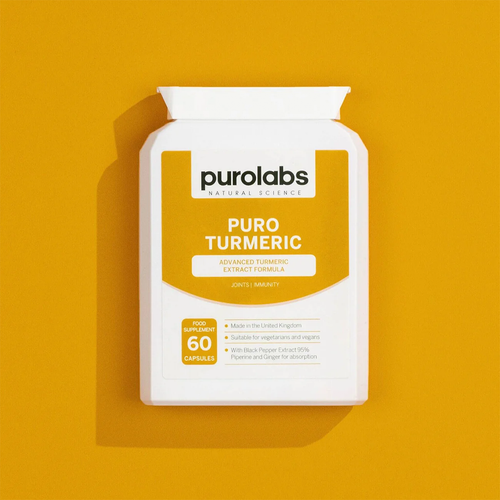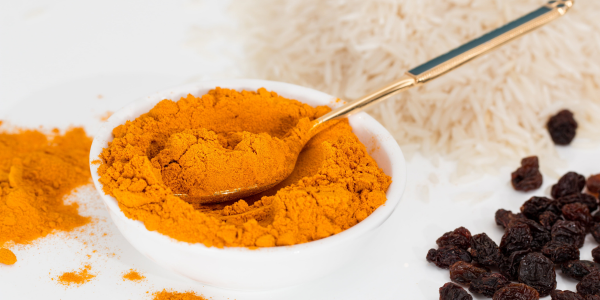Turmeric is a spice that has been used for centuries in traditional medicine and cooking. It is derived from the root of the Curcuma longa plant, which is a member of the ginger family. Turmeric is known for its vibrant yellow colour and distinct flavour, and it has gained popularity in recent years for its potential health benefits.
What is Turmeric Used For?
Turmeric has been used in traditional medicine for thousands of years, primarily in Ayurvedic and Chinese medicine. It is believed to have anti-inflammatory, antioxidant, and antimicrobial properties, making it a popular remedy for a variety of ailments.
Turmeric Capsules and Supplements
In addition to its common use in cooking, turmeric is also available in capsules and supplements. These products typically contain concentrated amounts of curcumin, the active compound in turmeric that is responsible for its potential health benefits.
Potential Health Benefits of Turmeric
Here are some of the potential benefits of incorporating turmeric into your supplement routine:
Anti-Inflammatory Properties
Chronic inflammation is linked to a variety of health conditions, including heart disease, cancer, and Alzheimer's disease. Turmeric contains curcumin, which has been shown to have anti-inflammatory effects. Studies have found that curcumin may help reduce inflammation in the body and may be beneficial for those with conditions such as arthritis and inflammatory bowel disease.
Antioxidant Effects
Antioxidants are compounds that help protect the body from damage caused by free radicals, which are unstable molecules that can contribute to the development of chronic diseases. Turmeric contains curcumin, which has been found to have potent antioxidant properties. This may help protect against oxidative stress and reduce the risk of chronic diseases.
Improved Brain Function
Curcumin has been found to have neuroprotective properties, meaning it may help protect the brain from damage and degeneration. Some studies have also shown that curcumin may help improve memory and cognitive function, making it a potential natural remedy for conditions such as Alzheimer's disease.
Digestive Health Benefits
Turmeric has long been used in traditional medicine to aid in digestion. Studies have found that curcumin may help reduce symptoms of digestive disorders such as irritable bowel syndrome (IBS) and ulcerative colitis. It may also help improve overall gut health by promoting the growth of beneficial bacteria in the gut.
Potential Side Effects and Precautions
While turmeric is generally considered safe for most people, there are some potential side effects and precautions to be aware of. These include:
- Turmeric may interact with certain medications, including blood thinners and diabetes medications. If you are taking any medications, be sure to consult with your healthcare provider before taking turmeric supplements.
- High doses of turmeric may cause stomach upset, nausea, or diarrhoea in some people.
- Turmeric may cause allergic reactions in some individuals, particularly those who are allergic to ginger or other members of the ginger family.
Discover turmeric supplements with a huge range of health benefits here.






















